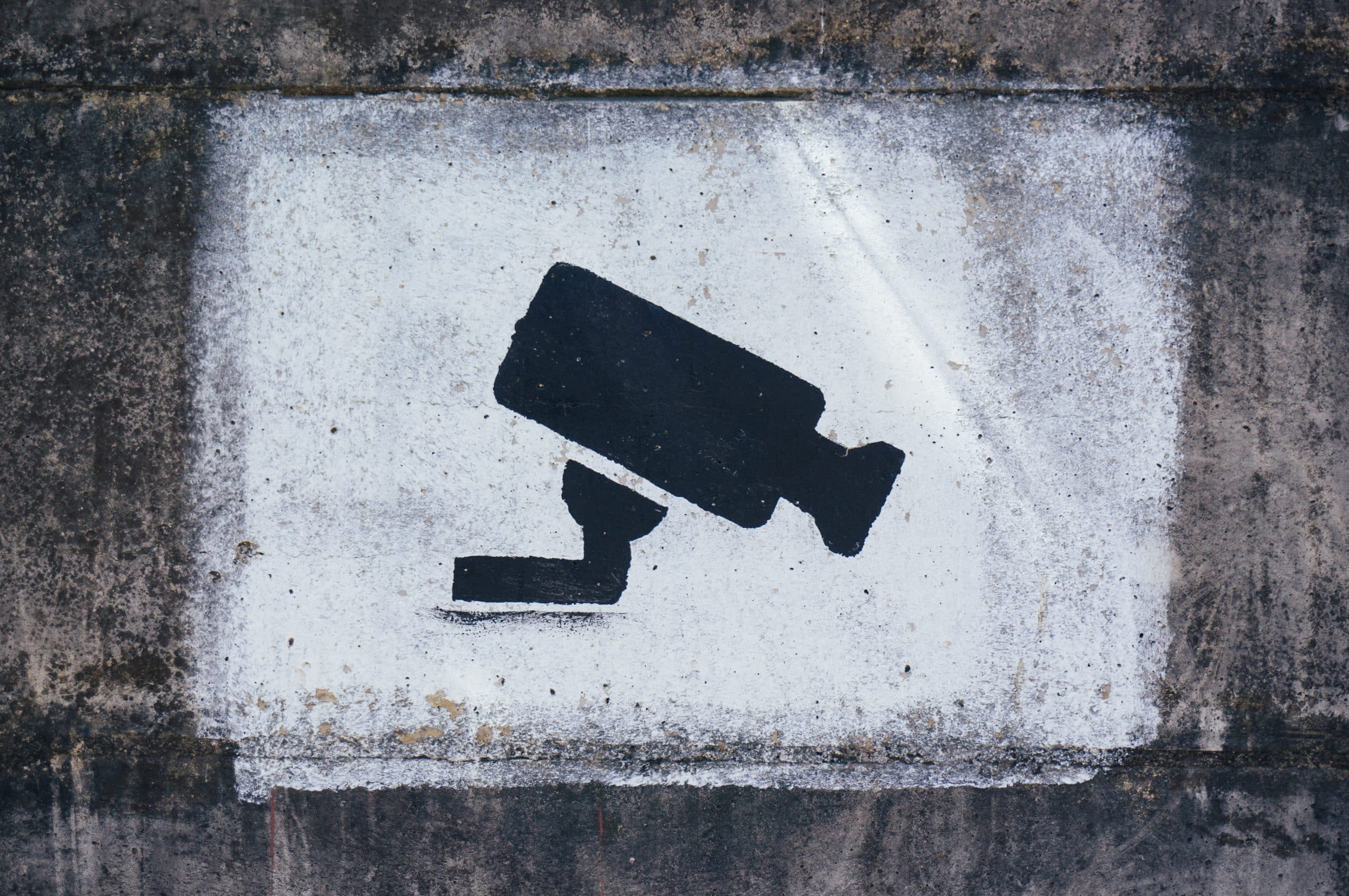The people’s resistance in Myanmar will continue regardless of the brutality shown by the junta in the latest executions of pro-democracy activists. People already risk their lives every day, especially those who continue to participate in legitimate protest. Now, the military is reportedly deploying China-made CCTV cameras with facial recognition capabilities, making it easier for the oppressive regime to locate anyone, anytime.
Aggressive surveillance is a lived reality in Myanmar. Many people are already being tracked, and then arrested or killed for resisting the regime. Telecommunications service providers have been ordered to install intercept surveillance technologies, and regulations tightening SIM card and IMEI registration will expand the junta’s power to collect personal data and track people whenever they wish. This includes an E-ID system that will collect biometric data. Myanmar CCTV cameras will only make things worse.
Reports say that Chinese firms Zhejiang Dahua Technology, Huawei Technologies Co Ltd, and Hikvision are supplying CCTV cameras to the junta. These are all companies the U.S. already added to its 2019 economic trade restriction Entity List because the Chinese government used their products extensively in Xinjiang, where there are repeated allegations of genocide and suppression of ethnic minorities. The two local companies that have won local tenders to implement the Myanmar CCTV camera project, Fisca Security & Communication and Naung Yoe Technologies, have clear links to the Myanmar military. Fisca’s Chairman is Soe Myint Tun, a retired Deputy Commissioner of the Myanmar Police Force. Naung Yoe Technologies regularly provides equipment for the military.
Governments often cite national security and public safety concerns to promote these surveillance projects. However, the risks far outweigh any claimed benefits, as the junta can exploit these technologies to further oppress the people of Myanmar.
How do Myanmar CCTV cameras threaten the resistance?
The military junta already controls vital information about Myanmar residents through their national registration cards. Each card bears a person’s photograph, name, and address. With the widespread deployment of CCTVs with facial recognition powers, the junta can match two massive databases – those from the national IDs and the CCTVs. Using this information, they can identify and then target activists and people participating in the resistance movement.
Discriminatory targeted surveillance is surveillance that disproportionately impacts the human rights and civil liberties of religious, ethnic, and racial minorities, political dissidents, and other marginalized groups. Activists and resistance groups in Myanmar are constantly targeted and regularly suffer harassment, online and off. The Myanmar CCTV cameras will put hundreds of eyes all over Myanmar.
What effect will Myanmar CCTV cameras have on protest?
While global attention on Myanmar has significantly shifted to other regions in crisis, people continue to protest and resist the junta despite the risks to their lives. The way they protest varies – from activists organizing large marches and gatherings to small flash mobs. Silent strikes are also common – where businesses and shop owners shut down and people stay home to show defiance to the regime. When they protest, organizers often deliberately choose unpaved streets to avoid being seen by the soldiers and police.
When Myanmar CCTV cameras are prevalent, these spaces will now become sites of aggression and the junta has absolute freedom to watch protesters and then retaliate. In Myanmar and elsewhere, the use of facial recognition technologies in publicly accessible places is incompatible with human rights.
Fighting mass surveillance: what should the people, businesses, and governments do?
People in Myanmar: It’s critically important to stay safe and protect your community and loved ones, including by protecting your private communications. Access Now is among the organizations that offers assistance in digital safety, and we encourage you to reach out if you need help. As human rights organizations around the world prepare for pushback on the sale and deployment of dangerous surveillance technology in Myanmar, you can help by collecting information about the companies involved. This enables the international community to pinpoint who is involved and take action to prevent human rights violations, using various pressure points like litigation in jurisdictions outside of Myanmar, sanctions, and trade restrictions.
Companies selling surveillance technology to the junta: You have a duty to respect human rights and mitigate any potential human rights impact of your products. If you are supplying the Myanmar junta with CCTV camera systems with facial recognition and remote biometric recognition technologies that enable both mass and discriminatory targeted surveillance, you must cut off that supply and delete any illegitimately acquired biometric data. These technologies can facilitate serious, globally punishable human rights violations, and it is of utmost importance that you comply with regulatory measures – including sanctions – international actors impose to limit and control the sale and supply of surveillance technologies to the military coup leaders.
Governments around the world: Now is the time to support a ban on the use of facial recognition and other kinds of biometric surveillance technology to surveil, identify, track, classify, and follow people in publicly accessible spaces. To protect human rights in Myanmar, you must also conduct a thorough audit of your government’s transactions with companies involved in the deployment of these technologies in Myanmar. You can then use legitimate tools to pressure these companies to stop aiding and facilitating human rights violations perpetrated against those resisting the military regime in Myanmar. You can demonstrate your country’s solidarity with the people of Myanmar by creating financial and political disincentives for companies that supply the junta through targeted, smart sanctions and trade bans or restrictions.
Learn more about the Ban Biometric Surveillance campaign and Access Now’s recommendations for governments, companies, investors, and financial institutions.
Recommended reading: Who buys and controls the CCTV? Myanmar’s slippery slope to mass surveillance (ARTICLE 19, August 2022)
